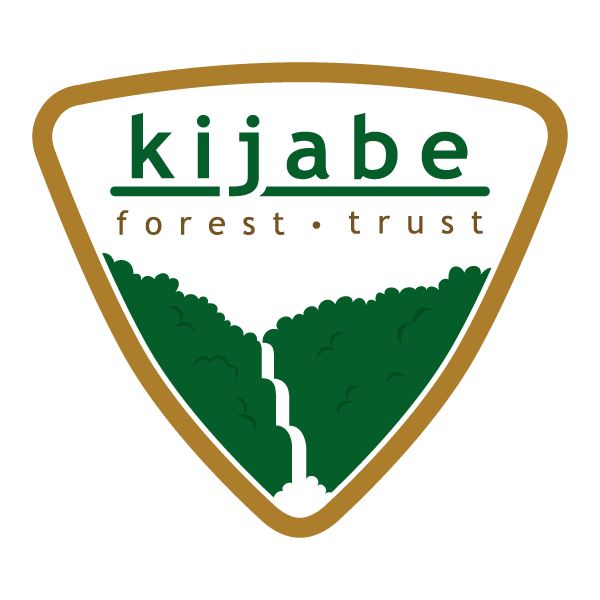Since 2013, we have led the effort to protect 5,000 hectares of primary forest reserve.
Forest protection – Kijabe Forest is significantly threatened by illegal timber harvesting and charcoal production, and other pressures. To address this threat, the Kijabe Forest Trust operates a team of 24 community scouts that carry out routine patrols within Kijabe Forest in coordination with Kenya Forest Service rangers. Our joint patrolling and enforcement activities have significantly reduced the illegal harvesting of trees for timber and charcoal from a baseline of over 13,000 trees illegally harvested per year to fewer than 300 trees illegally harvested per year Forest.
Restoration and rehabilitation of degraded areas – Forest. Roughly 1800 ha (33%) of Kijabe Forest is degraded with little to no canopy present, severe soil erosion and inadequate natural regeneration. Additionally, some high value timber, pole, and charcoal tree species such as African Pencil Cedar and African Olive have been selectively and illegally harvested over the years. KFT has a successful track record in restoration activities, having planted more than 300,000 indigenous seedlings in highly degraded sites, and overseen the natural regeneration in many of the other areas. The Trust works with Kenya Forest Service to identify appropriate indigenous tree species for restoration and rehabilitation efforts and put in place strategies for steep slope stabilization and reforestation.
Working with the local communities KFT collects seeds within the forest and grow tree seedlings within established tree nurseries in Kijabe Forest for on-going reforestation efforts within the forest and the neighbouring community areas.
Tourism development and management – the Kijabe Forest Trust promotes ecotourism development within Kijabe Forest to generate revenue and for conservation of the forest. The Trust proposes to develop visitor gates, nature trails, foot paths and foot bridges, visitor day use facilities, camping sites and the required amenities to operate and promote appropriate and sustainable forest-based adventure activities.
Community livelihood programmes – the Kijabe Forest Trust regularly engages the local communities and CFAs, and has linked community members to direct employment, and community stakeholder groups to markets for non-timber forest products – such as Croton, Juniper, and Cape Chestnut seeds through partnerships with community groups. The Trust proposes to coordinate with Kenya Forest Service to develop more community income streams from sustainable forest activities and non-timber forest products.

